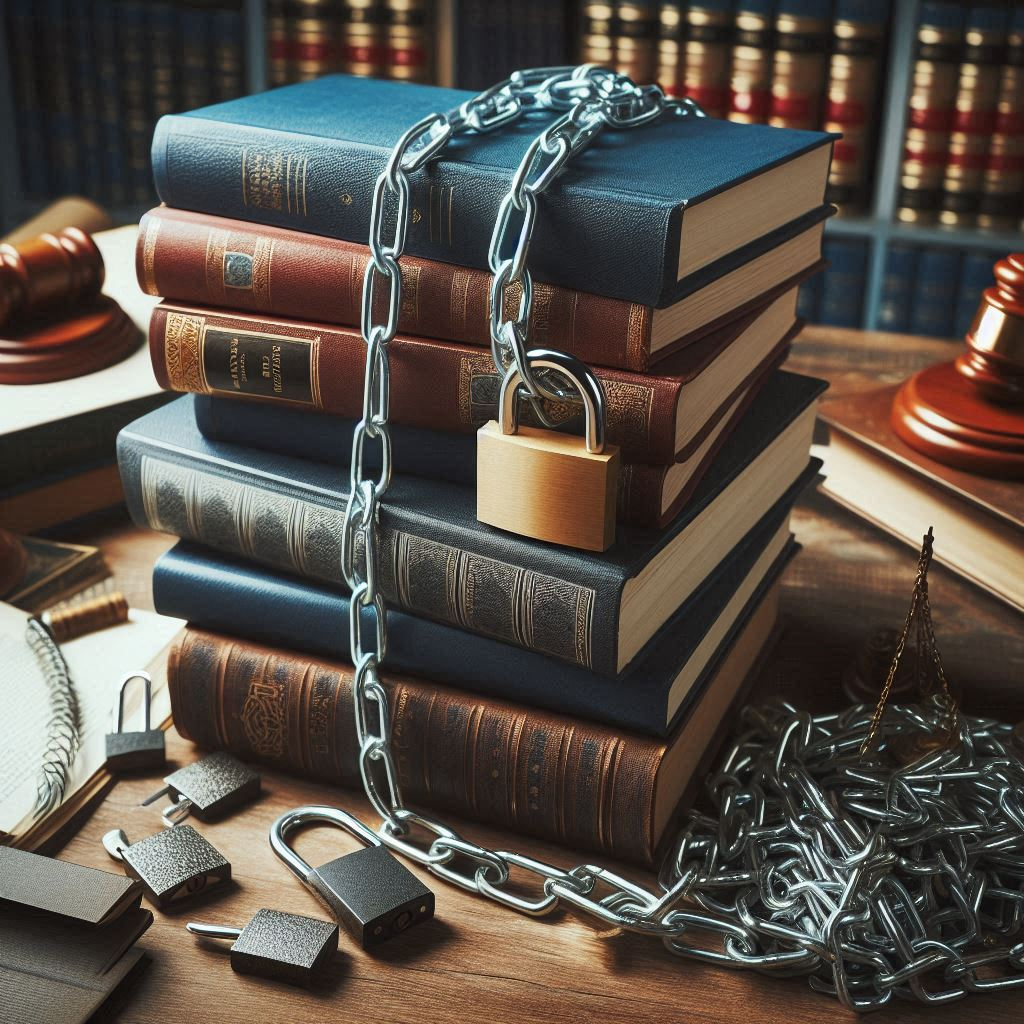
Fair Use with Legal Research Platforms:
The intersection between Copyright and Artificial Intelligence has become a hotly debated topic in the legal research community. Last month, the court held in Thomson Reuters Enterprise Centre GmbH and West Publishing Corp. v. ROSS Intelligence Inc. that ROSS Intelligence’s AI legal research tool failed to satisfy all four Fair Use factors under Copyright Law.[1]
Thomson Reuters’s Westlaw is a legal research platform noted for its headnote and keynote system that efficiently categorizes and summarizes case law, judicial texts, and treatises. Since Westlaw refused to license its content, ROSS Intelligence ("ROSS") worked with a third-party contractor to create 25,000 “Bulk Memos” — AI-generated documents that provide short legal question-and-answer summaries — incorporating Westlaw’s copyrighted headnote system without prior authorization.[2] The court found that these Bulk memos from ROSS closely mirrored those of Westlaw's, lacking originality and any substantive difference from Westlaw’s headnotes. There are four components to Fair Use: 1) Purpose and Character of Use, which describe whether the use is transformative or substantially different; 2) Nature of the Copyrighted Work, which describes whether the work is factual or creative; 3) Amount and Portion, which refers to how much of the copyrighted portion was taken, and 4) Effect on Market, which refers to the economic harm caused to a company by having the similar product on the market.
ROSS argued that its Bulk Memos were transformative, yet the format and structure of its Bulk Memos were found to replicate Westlaw’s headnotes directly. The court ruled that ROSS failed to satisfy all four principles of Fair Use but found that the court found that fourth factor, “Effect on the Market,” was the most critical. ROSS Intelligence’s Bulk Memos product was trying to serve as a direct substitute for Thomson Reuters Westlaw’s product, and any minor differences in their tool were insufficient to address the economic harm to Westlaw.
Antitrust Concerns
ROSS had initially attempted to license the Westlaw content from Thomson Reuters.[3] However, the prominent and influential legal research powerhouse refused[4] ROSS claimed that Thomson Reuter’s refusal to license Westlaw content indicated anti-competitive behavior. For ROSS to have prevailed, they needed to show that Thomson Reuter’s decisions harmed the entire industry rather than just ROSS. The court ultimately dismissed these Antitrust claims, stating that Thomson Reuters’s actions represented legitimate business decisions.[5]
ROSS suffered severe financial loss due to the litigation with Thomson Reuters, which might deter similarly positioned companies from creating similar products to enter the legal research market. This case underscores that courts are unlikely to equate market dominance with monopoly power. Given the court’s emphasis on the “Effect on the Market” as the most determinative indicator of Fair Use, companies can likely find success while innovating within the confines of using publicly available data. For example, open-source platforms like the Caselaw Project[6] Law Archive[7] and Court Listener[8] provide a comprehensive database for all publicly available judicial opinions. Companies can use these platforms as a baseline framework to comply with Fair Use while developing creative ways to organize legal research.
Licensing Alternatives:
However, there might still be a high barrier to entry into this market as Thomson Reuters’s Westlaw and RELX Group’s LexisNexis have proven to be the two dominant players in the legal research field.[9] Licensing agreements, however, could strike a balance between allowing other companies lawful access to Westlaw/LexisNexis databases while allowing the Westlaw/LexisNexis companies to retain complete ownership of the data. Smaller companies could leverage structured licenses, like the music industry, where they would pay a set fee to access copyrighted databases.[10] There could also be tiered pricing where companies could provide varying access to copyrighted databases based on needs.[11] Ultimately, these licensing tools would allow smaller companies to access databases as a baseline from which they could innovate.
The Future of Legal Research:
While full cases are publicly available on the Internet, the value of Westlaw/LexisNexis is in their unique structure and organized catalog display of these cases, making legal research highly efficient. Westlaw/LexisNexis has been developing AI Legal Research platforms that provide automated case summaries, document drafting, and legal search queries.[12] The question remains of who should retain ownership of legal research databases and whether these databases should be regulated as a public entity. While government regulation could help ensure fair access to these legal research databases, the process will likely take time to formalize. A middle-ground approach would allow legal research platforms to make their foundational case law research tools public while keeping advanced AI features commercialized via premium pricing.
Conclusion
The Thomson Reuters case raises an important point regarding the implications of having smaller companies lawfully use data from the dominant market research players, Westlaw and LexisNexis. Making structured legal research more accessible will be essential to helping smaller companies enter the AI legal research market. A balance between licensing structures, open-source platforms, and premium pricing models can help ensure more equitable access to legal research.
[1] Thomson Reuters Enterprise Centre GmbH et al. v. ROSS Intelligence Inc.(D. Del. 2023)
[2] Id.
[3] Finnegan, Thomson Reuters Enterprise Centre GmbH et al. v. ROSS Intelligence Inc., Finnegan (Jan. 2024), https://www.finnegan.com/en/insights/blogs/incontestable/thomson-reuters-enter-centre-gmbh-et-al-v-ross-intelligence-inc.html.
[4] Id.
[5] Id.
[6] Case Law Access Project, https://case.law/
[7] Law Archive, https://www.lawarchive.org/
[8] Court Listener, https://www.courtlistener.com/
[9] Gallagher Law Library, AI in Legal Research, Univ. of Wash. Sch. of L. (Feb. 2024), https://lib.law.uw.edu/c.php?g=1387996&p=10265405
[10] Licensing Agreements in the Music Industry, Sanderson Law (2023), https://www.sandersonlaw.ca/blog/licensing-agreements-music-industry
[11] Id.
[12] Westlaw Precision & Lexis+ AI: AI-Powered Legal Research Tools, LexisNexis & Thomson Reuters, https://www.lexisnexis.com/en-us/products/lexis-plus-ai.page & https://legal.thomsonreuters.com/en/products/westlaw-precision
